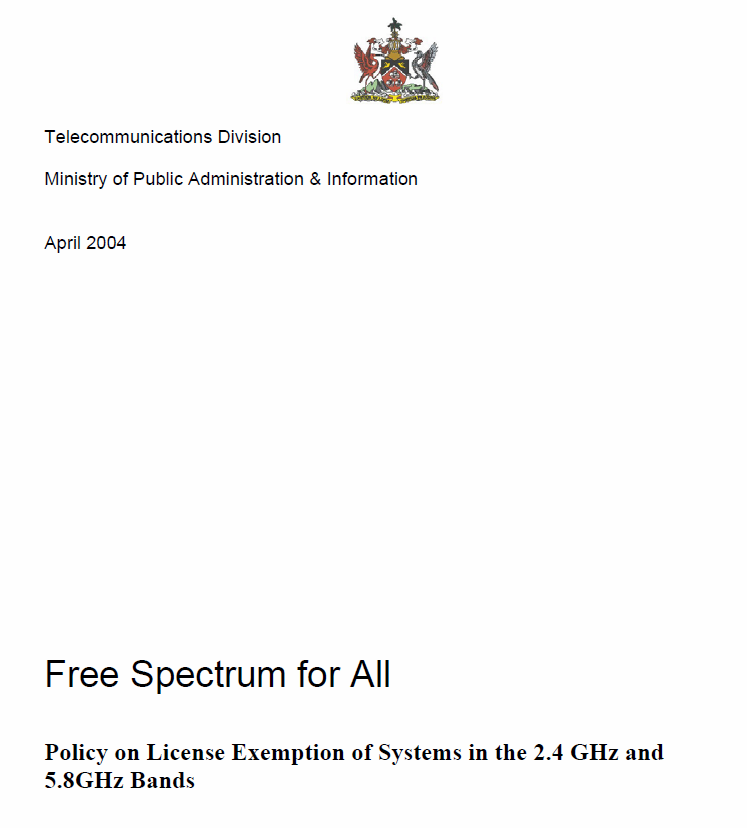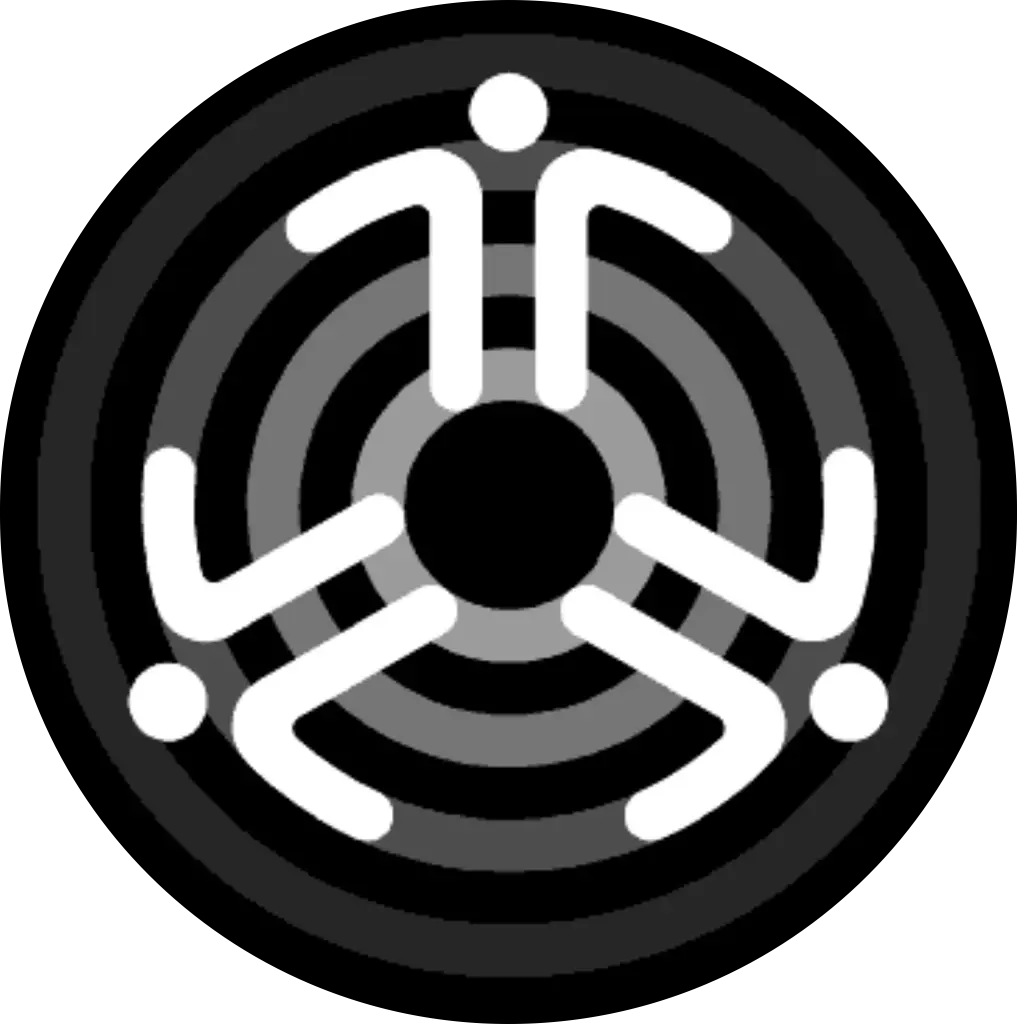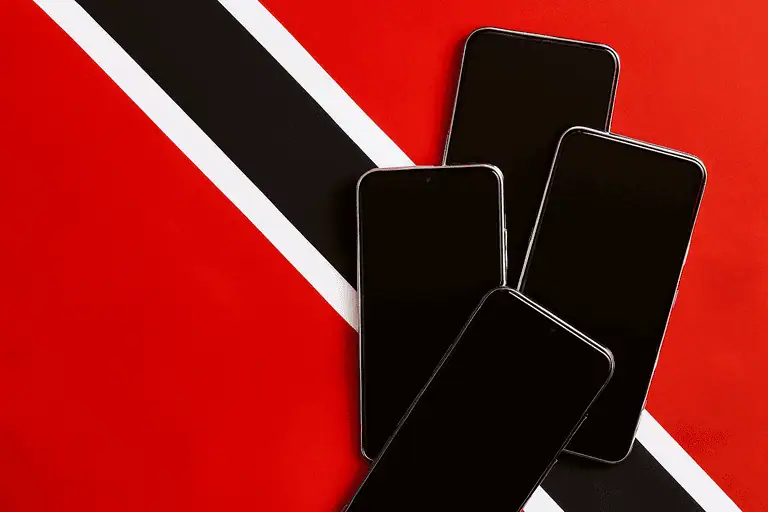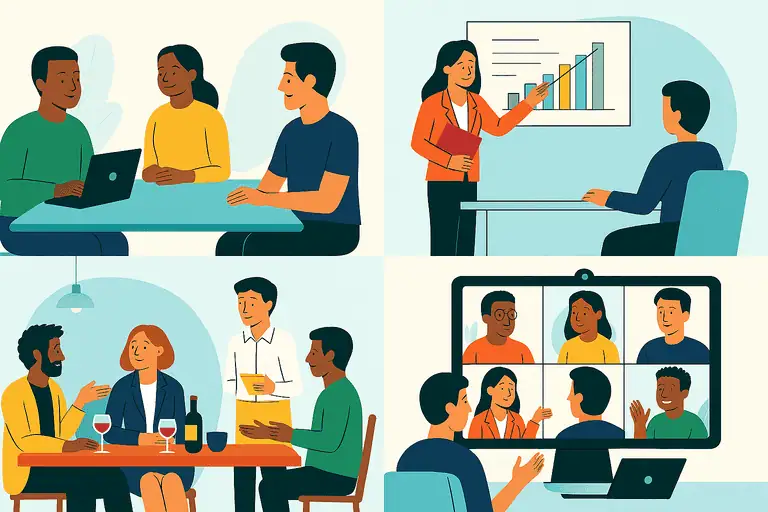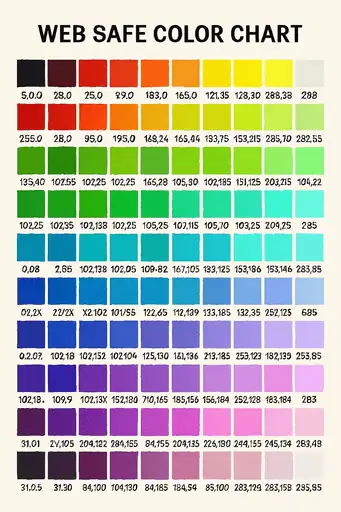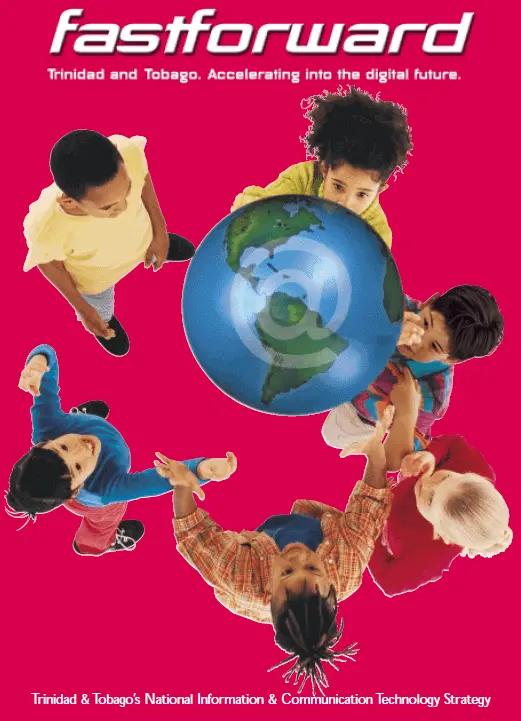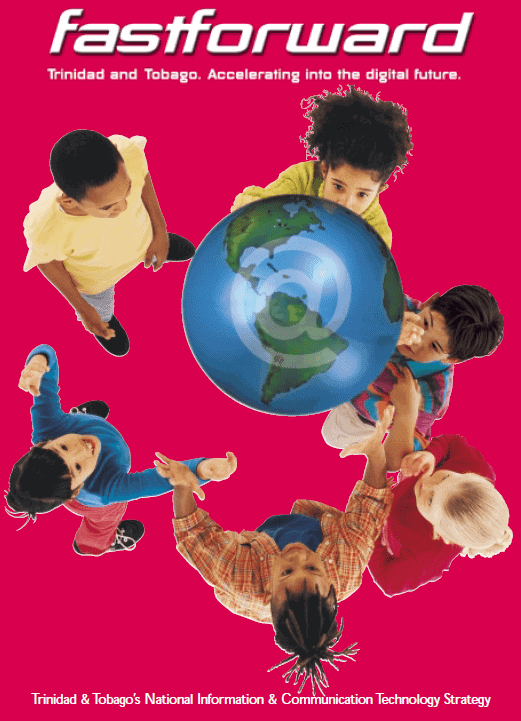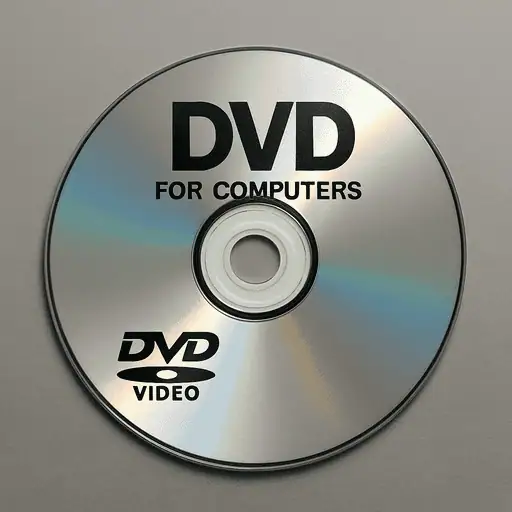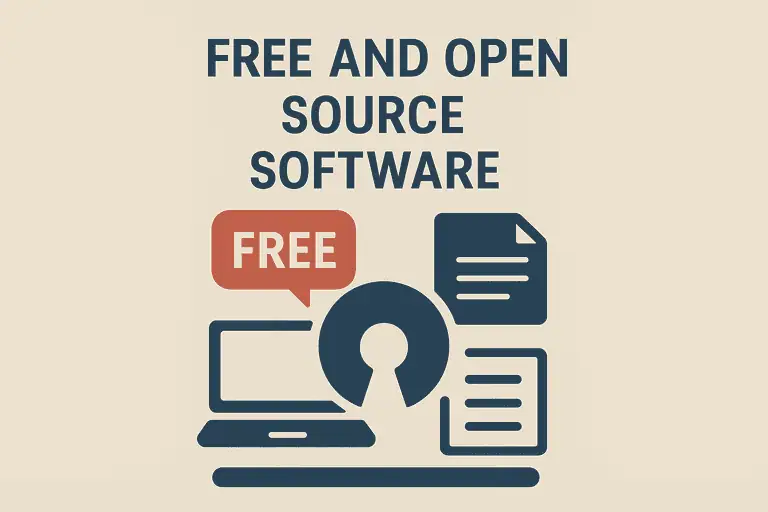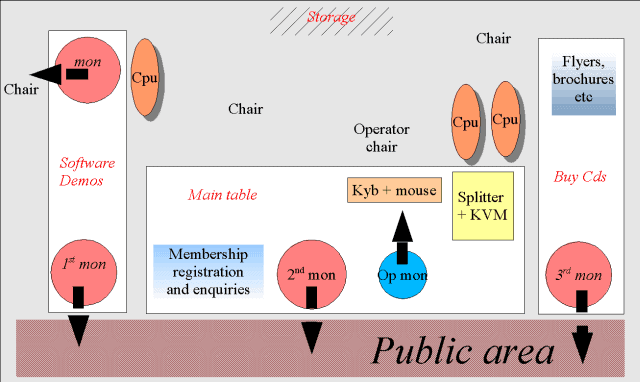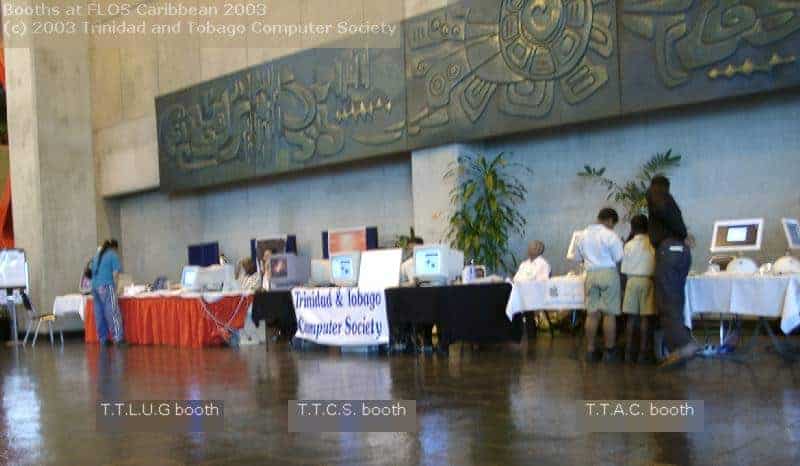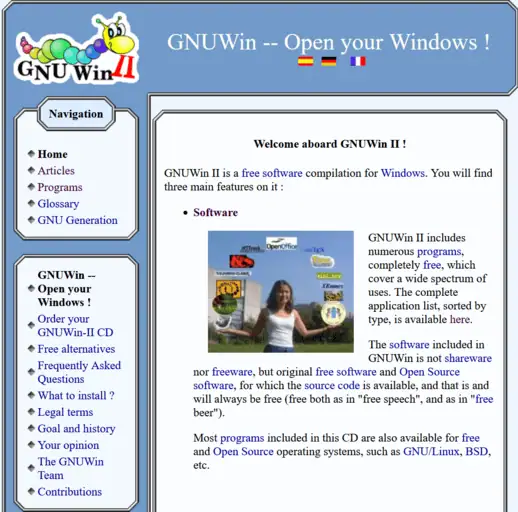This page provides generic information about GSM, SMS and ringtones and replaces the “GSM in TnT”, “SMS in TnT” and “About Ringtones” pages previously hosted at www.ttcsweb.org. If you need information specific to your cell phone provider, check their Official Websites.
Last updated : 25 April 2006
The official websites for cellphone operators in Trinidad and Tobago are:
On these sites you can get:
- Contact information e.g. telephone numbers, email addresses, etc.
- The latest information on rates/tariffs for both local and international calls.
- A list of the handsets (and their prices) being sold by the companies.
- Information on prepaid and post paid packages.
- Details about where customers can roam and the relevant rates/tariffs.
- Information about service coverage.
- A list of dealers that sell handsets and accessories for the different cellphone operators.
- Updates on promotional events.
What are the rates/fees/tariffs for GSM cellular service?
See the Official Websites for the most recent rates.
GSM FAQ (Frequently Asked Questions)
What is dual band?
Dual band refers to the ability of GSM network infrastructure and phones to operate across two frequency bands. For example at 900MHz and at 1800MHz.
What is a tri-band phone?
A tri-band cellular phone has the ability to operate on any 3 of the frequencies commonly used by cellphone providers. Common combinations include: 900MHz/1800MHz/1900MHz or 850MHz/1800MHz/1900MHz.
What is a quad-band phone?
A quad-band cellular phone has the ability to operate on these 4 frequencies: 850MHz, 900MHz, 1800MHz and 1900MHz.
What GSM frequencies does TSTT/bmobile and Digicel operate? I want to buy my own GSM phone
Digicel uses the 850Mhz and 1900Mhz frequency band. TSTT/bmobile uses the 1800Mhz frequency band.
What is a dual “mode” phone?
A dual mode cellular phone has the ability to operate in either analog or digital mode depending on network conditions. This description is exclusive to TDMA phones since the GSM system is one hundred percent digital. Analog TDMA service is NOT available in Trinidad and Tobago.
Can a TDMA cellular phone work on the (Digicel or TSTT) GSM system?
No. TDMA cellular phones are incompatible with the GSM system.
What is GPRS?
GPRS is the GSM Packet Radio Service. Packet switching utilises the network only when there is data to be sent as opposed to sending a continuous stream of data over a permanent connection. Users are able to send and receive data at speeds of up to (a theoretical maximum) of 115Kbit/s. GPRS enables users to connect to a wide range of public and private data networks which use standard data protocols such as TCP/IP and make use of applications such as email or Internet (WWW) access.
What are SIMs? What are “Smart” cards?
Subscriber Identity Module (SIM) cards are used to provide individual identities for each mobile user: e.g. authentication and storage for user data and network configuration information. The current generation of SIMs (“Smart” cards) contain microchips which extend the “intelligence” and capability of the card. Users are now able to access a vast range of card-enabled (as opposed to network-enabled) applications. The SIM must be inserted in the phone for the user to make and receive calls.
What is “SIM lock”?
“SIM lock” is the term used to describe the pre-programming of handsets by manufacturers to ensure that the handsets will only work with SIMs issued by a specific GSM network operator. Both Digicel and TSTT have stated that they will be selling SIM-locked phones.
What is “roaming”?
Roaming is the ability for a cellular customer to make and receive voice calls, send and receive data, etc on “visited” networks, that is, GSM networks located outside the geographical coverage area of their home network. These “visited” networks can be accessed in the same manner as the home network. For example, a customer (with a GSM phone) is able to make and receive voice calls while travelling in Europe (an example of international/global roaming). There are 3 types of roaming:
- National Roaming: The visited network is in the same country as the home network.
- International Roaming or Global Roaming: The visited network is outside the home country.
- Inter-standard roaming: The visited network operates on a different technical standard than the home network.
See the official websites for further information about where customers can roam and the cost of such services.
What is “seamless roaming”?
Seamless roaming allows cellular customers to make and receive calls on “visited” networks, as long as there is a roaming agreement between the operator of the “visited” network and the operator of their “home” network.
What is “unregistered roaming”?
Unregistered roaming allows cellular customers to make (originate) calls on “visited” networks where there are NO roaming agreements between the operator of the “visited” network and the operator of their “home” network. Calls are billed via one of these methods: Collect, Credit Card or Calling Card. Calls which originate via unregistered roaming are usually more expensive than calls which originate via seamless roaming.
What is SMS?
SMS or Short Message Service, (also known as short messaging service, text messaging, mobile messaging, or alphanumeric paging, celltext, texting, phone messaging) enables you to send brief text/numeric messages to and from digital cellular telephones. Messages can originate from cell phones as well as e-mail addresses and public SMS gateways on the Internet.
What is the difference between SMS, Instant Messaging Service (IMS), and E-mail?
E-mail and SMS are both “store and forward” systems that utilize a “gateway” to pass messages from senders to recipients, however, the obvious difference between the two are the length/complexity of the messages that can be sent on the respective systems. The maximim size of a SMS message is usually 160 characters (actual size is dependant on the service provider). The messages are limited to text and numeral characters. Graphics, colour, HTML formatting and file attachments are not allowed.
On the other hand, e-mail can contain thousands of characters and allows the use of HTML formatting, files to be attached and images to be embedded within the message . Instant Messaging Service (IMS), (e.g. AOL Instant Messenger “AIM”, ICQ, MSN Messenger and Yahoo Messenger) allows you to conduct real-time text conversations (“chat”) with people who are simultaneously connected to the Internet and, in some cases, allow the transfer of files. SMS messages are immediate, but not simultaneous.
How do you send and receive SMS messages?
Receiving messages is easy. Most phones will display an incoming message alert graphic on the screen. You may also set a tone to sound when incoming messages are received. Once a message is received, you can use the scroll keys on your phone to view the content of the message. Options to store, reply, or forward each message will be available at that time. The exact procedure to send a message varies from device to device, but it usually involves entering the recipient’s phone number or e-mail address, and then composing the message with the phone keypad. You may have the option to send the message instantly or store it for later delivery. Check the user’s manual for the specific details on how to access these features on your particular brand/model of cell phone.
How do you use public gateways to send messages?
Cellular service providers who offer SMS usually offer public SMS gateways, which allow you to compose and send messages from the service provider’s web site. Digicel and TSTT DO NOT offer such a service from/on any of their websites at this time. A number of independently operated message gateways also exist on the Internet. These public gateways are usually available from any computer with Internet access. Examples of such gateways can be found at:
At this time (April 2006) neither Digicel nor TSTT charge for receiving SMS messages sent from the Internet.
Update : TSTT has disabled sending and receiving SMS via the Internet since late 2006. TSTT has given no notice on when such a service will be ever enabled.
What are the fees for the Short Message Service?
See the Official Websites for the most recent rates.
How to send a message via SMS
To send a Short Message using your cellular telephone, the message must be addressed to: 868####### (where ####### = the cell number of the person receiving the message). The exact procedure to send a message from one cell phone to another cell phone varies from device to device, but it usually involves entering the recipient’s phone number and then composing the message with the phone keypad. Check the user’s manual for the specific details on how to access these features on your particular brand/model of cell phone.
Cell phones that support text messaging
Most modern phones support SMS. See the Official Websites for information on which phones (and their features) are available to local consumers.
Notes:
- All sms options supported by the phone may not be available on the local networks. Ask your cellphone provider if in doubt.
- Check the users manual for further info on how to use these features on your phone.
SMS message specifications
Your SMS message must meet the following specifications in order to be sent and received successfully:
- Maximum size of the message: 160 characters (punctuation marks AND spaces are counted as characters).
- Messages have to be in plain text. SMS does not support HTML formatting. In other words, it won’t look like a web page and you can’t see colours, graphics or those email “wallpapers”. Outlook/Outlook Express users take note! You may have to check your software settings/options/configuration and switch off HTML formatting.
- You cannot send any sort of file attachments e.g. zip, mp3, mpeg, mpg, avi, doc, xls on the SMS system
SMS Etiquette
- Turn down the volume of your alert tone. YOU need to know you received a message. No one else does.
- Keep your subject line brief. The characters in the subject count towards your total of 160. Better yet, do not use a subject line that way you can maximise the content of your message.
- Messages must be read on cell phone screens so keep your message brief.
- Don’t send a “signature”, a tagline, inspirational quote or any other unnecessary material with your message. Remember, there is a character limit so your message will be truncated if it exceeds that limit.
- Avoid unnecessary spaces in the message. Spaces count towards your total of 160 characters.
The SMS (Short Message Service) Dictionary
SMS supports a limited number of characters per text message (approx. 160) so here’s a list of abbreviations and emoticons to help create that message.
Numerals
- @WRK
- At work
- 2BCTND
- To be continued
- 2D4
- To die for
- 2G4U
- Too good for you
- 2HT2HNDL
- Too hot to handle
- 2l8
- Too late
- 4BARS
- Feeling very good today
- 4E
- Forever
- 4YEO
- For your eyes only
A
- A3
- Anytime, Anywhere, Anyplace
- AAM
- As a matter of fact
- AB
- Ah Bless!
- ADCTD2LUV
- Addicted to Love
- AFAIK
- As far as I know
- AFK:
- Away From Keyboard
- AKA
- Also known as
- ALLWANISU
- All I want is You
- AML
- All my love
- ASAP
- As soon as possible
- ATB
- All the best
- ATK:
- At The Keyboard
- ATM:
- At The Moment
- ATW
- At the weekend
- AWHFY
- Are we having fun yet
B
- B4
- Before
- BAK:
- Back At Keyboard
- BBFN
- Bye Bye for now
- BBL:
- Be Back Later
- BBS
- Be back soon
- BBSD
- Be back soon darling
- BCNU
- Be seeing you
- BF
- Boy Friend
- BGWM
- Be gentle with me
- BRB
- Be right back
- BTW
- By the way
C
- CLD9
- Cloud 9
- CM
- Call me
- CRS
- Can’t remember stuff
- Cu
- See you
- CUIMD
- See you in my dreams
- CUL
- See you later
- CUL8R
- See you later
- CYA
- See You
D
- Dk
- Don’t know
- DUR?
- Do you remember?
E
- E2EG
- Ear to ear grin
- EOD
- End of discussion
- EOL
- End of lecture
F
- F2F
- Face to face
- F2T
- Free to talk
- FAQ
- Frequently Asked Questions
- FC
- Fingers Crossed
- FITB
- Fill in the Blank
- FUBAR
- Fouled up beyond all recognition
- FWIW
- For What It’s Worth
- FYEO
- For your eyes only
- FYA
- For your amusement
- FYI
- For your information
G
- GAL
- Get A Life
- GF
- Girlfirend
- GG
- Good Game
- GMESUMLUVIN
- Give me some loving
- GMTA:
- Great Minds Think Alike
- GR8
- Great
- GSOH
- Good Salary, Own Home
- GTG
- Got to go
- GTSY
- Glad to see you
H
- H2CUS
- Hope to see you soon
- H8
- Hate
- HAGN
- Have a good night
- HAND
- Have a nice day
- HLDMECLS
- Hold me close
- HT4U
- Hot for You
- H&K
- Hugs and Kisses
I
- IC
- I See
- ICQ
- I Seek you
- IDK
- I dont know
- IGOTUBABE
- I’ve got you babe
- IIRC
- If I recall correctly
- IMHO
- In my humble opinion
- IMI
- I mean it
- ILU
- I love You
- IMBLUV
- It must be love
- IOW
- In other words
- IOU
- I owe you
- IRL
- In Real Life
- IUSS
- If you say so
J
- J4F
- Just for fun
- JFK
- Just for kicks
- JSTCLLME
- Just call Me
K
- KC
- Keep cool
- KHUF
- Know how you feel
- KISS
- Keep It Simple, Stupid
- KIT
- Keep in touch
- KOTC
- Kiss on the cheek
- KOTL
- Kiss on the lips
L
- L8
- Late
- L8R
- Later
- LMAO
- Laugh My A## Off
- LOL
- Laughing out loud
- LOLROF
- Laughing out load, rolling on floor
- LTNC
- Long time no see
- LTSGT2GTHR
- Lets get together
M
- MTE
- My Thoughts Exactly
- M$ULKECRZ
- Miss you like Crazy!
- M8
- Mate
- MC
- Merry Christmas
- MGB
- May God Bless
- MYOB
- Mind your own Business
N
- NA
- No access
- NC
- No comment
- NE
- Any
- NE1
- Anyone
- No1
- No-One
- NRN:
- No Reply Necessary
- NWO
- No way out
O
- O4U
- Only for you
- OIC
- Oh, I see
- OTOH
- On the other hand
P
- PITA
- Pain In The A##
- PRT
- Party
- PRW
- Parents Are Watching
- PCM
- Please call me
- PPL
- People
R
- R
- Are
- RMB
- Ring my Bell
- ROFL
- Rolling On The Floor Laughing
- ROFLOL
- Rolling On The Floor Laughing Out Loud
- ROTFLMAO
- Rolling On The Floor Laughing My A## Off
- RU?
- Are you?
- RUOK?
- Are you Ok?
S
- SC
- Stay cool
- SETE
- Smiling Ear to Ear
- SO
- Significant Other
- SOL
- Sooner or later
- SME1
- Some One
- SNAFU
- Situation normal but all fouled up
- SOS
- Same old stuff
- SRY
- Sorry
- SWALK
- Sent with a loving Kiss
- SWG
- Scientific Wild Guess
T
- T+
- Think positive
- T2ul
- Talk to you later
- TDTU
- Totally devoted to you
- THX
- Thanks
- T2Go
- Time to Go
- TIC
- Tongue in Cheek
- TMIY
- Take me Im yours
- TTFN
- Ta ta for now.
- TTYL
- Talk to you later
U
- U
- You
- URT1
- You are the one
W
- WB:
- Welcome Back
- WTF:
- What The F###
- WTG:
- Way To Go
- WUF:
- Where Are You From
- W8:
- Wait
- W4U:
- Waiting for you
- WAN2:
- Want to
- WRT:
- With respect to
- WUWH:
- Wish you were here
X
- X!
- Typical Woman
- X
- Kiss
- XCLUSVLYURS
- Exclusively Yours
Y
- Y!
- Typical Man
- YBS
- You’ll be Sorry
- YGM
- You’ve got mail
Z
No “words” available at this time.
Emoticons
Emoticons (also known as “smileys”) are used to convey a facial expression in text messages on mobile phones (SMS).
- 🙂
- Smiley
- 🙁
- I’m upset/angry
- > ;->
- Rude suggestions
- %-)
- Google Eyes
- :*)
- I’m drunk
- B-)
- I’m wearing sunglasses
- :-)~
- I’m drooling
- :~~)
- I’ve got a cold
- :’-(
- I’ve been crying
- :-@
- I’m gonna scream
- :-0
- Uh-oh
- :-X
- My lips are sealed
- :-Q
- I smoke
- !-)
- Black eye
- :”)
- Blushing
- 😐 😐
- Deja vu
- :@)
- Pig
- :-$
- Put your money where your mouth is
- 🙂
- Smiley
- 😛
- Stick tongue out
- :-(*)
- You make me sick
- x-(
- You’re mad
- :-“
- Whistling
- 😉
- Wink
- :-\
- Sceptical
- : @
- Shouting
- 😮
- Appalled
- :-X
- Not saying a word
- |-I
- Sleeping
- |-O
- Snoring
- %-}
- Intoxicated
- :-v
- Talking
- :-w
- Talking with two tongues
- (0_0)b
- Talking on cellphone
- d(0_0)b
- Wearing headphones
- \(O_O)/
- Great to see you,want a hug?/getting mugged
- (-@_@-)
- Scared/funky sunglasses
- (x_x)
- Dead
- (:0_0:)
- Freckles
- 🙂
- Smiling without a nose
- 😎
- Smiling with glasses
- [:-)
- Smiling with walkman
- :-)8
- Smiling with bow tie
- {:-)
- Smiling with hair
- d:-)
- Smiling with cap
- C|:-)
- Smiling with top hat
- (:-)
- Smiling with helmet
- :-)=
- Smiling with a beard
- #:-)
- Smiling with a fur hat
- 😀
- Laughter
- 🙁
- Sad
- 🙁
- Sad, without nose
- :’-(
- Crying
- :-c
- Unhappy
- :-||
- Angry
- :-(0)
- Shouting
- >:-(
- Very angry
- :-O
- Wow
- 😐
- Determined
- O 🙂
- An angel
- :-9
- Salivating
- 🙁 )
- Shocked
- :-~)
- Having a cold
- 😮 zz
- Bored
- B-)
- Sunglasses
- B:-)
- Sunglasses on head
- 8:-)
- Glasses on head
- {:-)
- Toupee
- }:-(
- Toupee blowing in the wind
- -:-)
- Punk
- :-{)
- With a moustache
- :-{}
- Lip stick
- q(0_0)p
- Hands over ears/not listening/girl with bows
- (-_-)
- Sleeping
- <|>_<|>
- Cat
- (*_*)
- Unconscious
- (D_D)
- Looking sideways
SMS FAQ (Frequently Asked Questions)
- Can you tell me if brand X, model y is sms capable?
No. Check:
for further information
- You keep telling me to “read the user’s manual” but I don’t have one! Where can I get one?
The manufacturer of your cell phone should have an electronic version of the manual available for download (usually a Word .doc file or an Acrobat .pdf file) from their official website.
- Why is there a limit of 160 characters?
This is due to the limits of the SMS specification as well as the system in use by the SMS provider.
- Can my phone be “upgraded” (via hardware or software) to support SMS?
No.
- How do I change the “message received” alert tone for my phone?
Check the user’s manual for the specific details on how to access these features on your particular brand/model of cell phone.
- Why must I change the settings in Outlook/Outlook Express?
These email clients send HTML formatted email by default. HTML is the “language” used to create web pages. SMS does not support HTML formatting. So if you want to use these clients to send SMS messages you have to turn off HTML formatting and send it in plain text.
- I used an SMS gateway site but my message was not sent or I got an error message. What’s wrong with the gateway?
These gateways must interface with (Digicel or TSTT) so whenever those systems are down or have been programmed to block messages from specific sites, the gateway sites cannot transfer your message. The operators of the gateway site(s) have no control over the availability or reliability of the (Digicel or TSTT) SMS service.
- Is SMS the same as email?
No.
- Can I send SMS messages from my (Digicel or TSTT) cellphone to a cellphone on a foreign network in another country?
- If I “roam” abroad with my cellphone, can I still send/receive SMS messages?
Yes. See the official websites for more information.
- I don’t want this service . . . Can I switch it off?
Once the cellphone provider has switched on the service and your phone is SMS capable, it will automatically receive messages addressed to it. However you may be able to have the service discontinued. Ask your cellphone provider.
- Is there any way to block someone from sending SMS messages to my phone?
The only definite way to block messages to your phone is to contact your cellphone provider and have the service discontinued, unfortunately, this would mean all SMS service/features, not just the nuisance messages, would be blocked.
What are ringtones?
Ringtones are the melodies/tunes/sounds/”noise” played when a call is received on your cellular telephone. Each phone has a certain
number of tones pre-installed. However, many modern phones can be customised with a personalised ringtone. The user/owner has a wider variety to choose
from and with a unique ring tone, it’s easier to distinguish one phone from another. Check the user’s manual and/or check the manufacturer’s website for further information on how to configure, add, delete, change the ringtones on your phone.
What are the fees for obtaining ringtones?
Check the Official Websites for further information. Independent ringtone providers (i.e. not associated with Digicel or TSTT/Bmobile) may charge a different (higher or lower) fee for transfering ringtones to your cellphone.
What are the fees for obtaining wallpapers?
Check the Official Websites for further information. Independent providers (i.e. not associated with Digicel or TSTT/Bmobile) may charge a different (higher or lower) fee for transfering wallpapers to your cellphone.
How do you transfer ringtones/wallpapers/music/videos etc. to the phone?
Read your user’s manual and/or check the manufacturer’s website for further information or ask the dealer who sold you the phone.
These are the common methods of transfering data to and from a cellphone:
- A special cable (from the cellphone manufacturer) that connects via the USB (more recent cables) or serial port (older cables) of your computer. Special software from the cellphone manufacturer is then used to format and transfer data between the phone and the computer.
- Bluetooth. Requires that the computer either have built-in Bluetooth capability (e.g. a laptop) or that the user purchase and install a Bluetooth “adapter” or “dongle” in order to communicate with the Bluetooth-enabled phone. Special software from the cellphone manufacturer is then used to format and transfer data between the phone and the computer.
- Infrared. Requires that the computer either have built-in infrared capability (e.g. a laptop) or that the user purchase and install an infrared “adapter” or “dongle” in order to communicate with theinfrared-enabled phone. Special software from the cellphone manufacturer is then used to format and transfer data between the phone and the computer.
- Email. Requires the user to subscribe (pay) for data services from their cellphone provider. Works in a similar manner to regular computer based email. The file is sent as an attachment to the email. Memory/storage capacity of the phone will limit the size of the attachment.
- MMS. Multimedia messaging service is an enhanced version of SMS which allows the user to send and receive pictures and short audio and video clips. Most cellphone providers usually charge either a flat fee per month or a per message fee for this service. The size of the pictures and short audio and video clips will be limited by the memory/storage capacity of the phone.
Independent providers (i.e. not associated with Digicel or TSTT/Bmobile) usually charge a fee for transfering ringtones/wallpapers/music/videos etc. to your cellphone.
Before you send that email, remember:
- If you have a problem with your phone or cell service, contact your providers directly! More information on their official websites.
- Do not email us about services/problems etc. in other countries.
- We may not be able to answer your question(s).
- Information on this page is subject to change without further notice.
- We may not reply if your question has already been answered by material provided on this page.
- This page is for information purposes only. It is not an endorsement of the services provided by local telecom providers.
If you have comments, more information, etc to add to this page, please contact us at: admin[ at ]ttcsweb.org
Last updated : 3/july/2007
